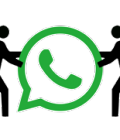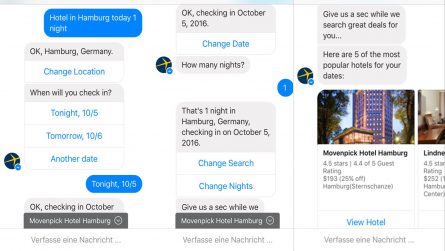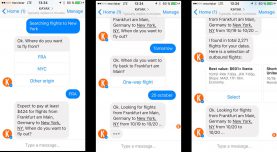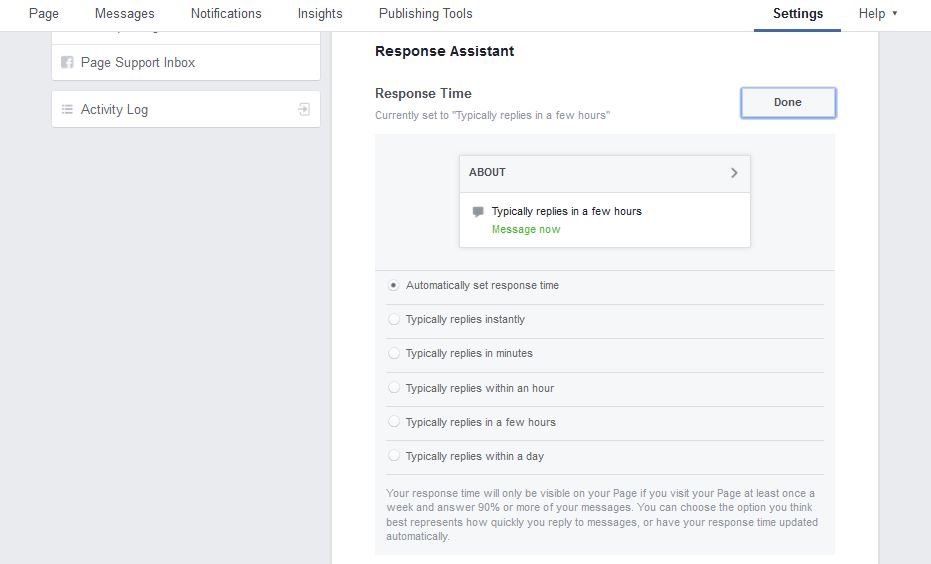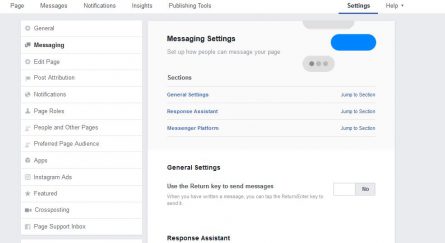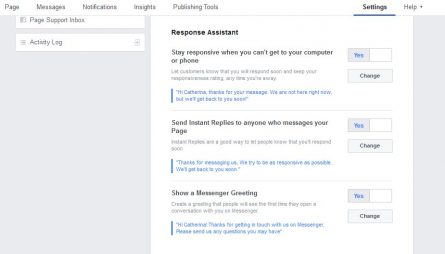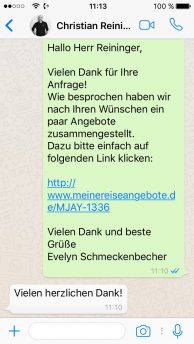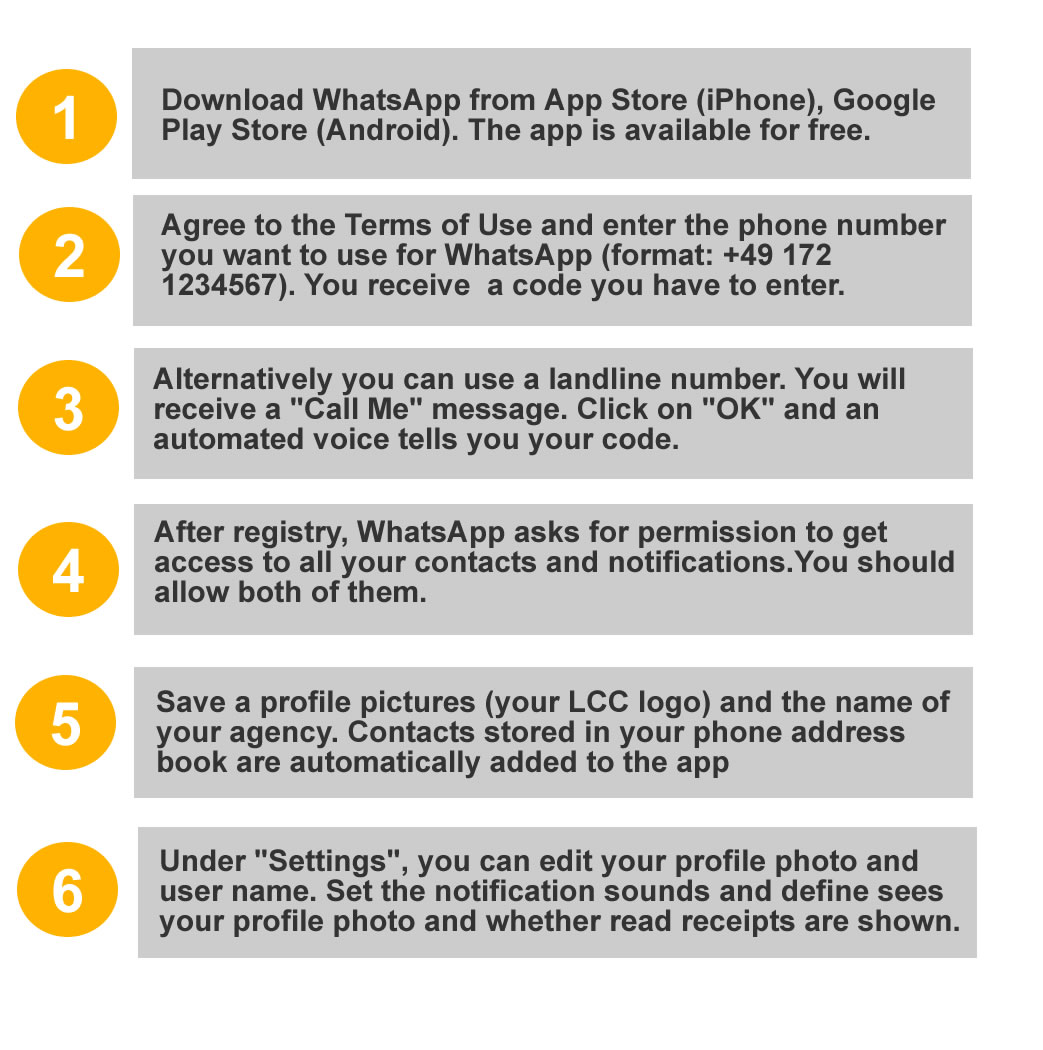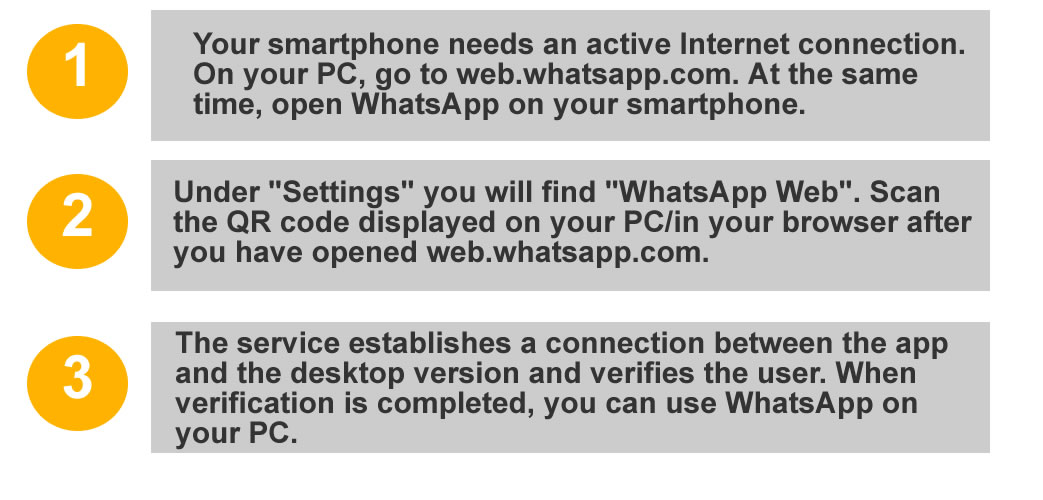Data protection
Since April 2016, WhatsApp messages and calls are end-to-end encrypted, provided both users have installed the most recent version of this app. This means, messages sent by a user can only be read by the recipient. The complete transfer from one user’s device to the recipient’s device is encrypted so that third parties and, in particular, WhatsApp cannot read the messages. Undelivered messages are stored on WhatsApp servers for up to 30 days.
If the user is in Europe, it has to be assumed that data protection laws based on the European Data Protection Directive of 1995, such as BDSG in Germany, also apply for receiving and sending data through WhatsApp. For data sent through WhatsApp, this mainly refers to personal data, i.e. also the phone number used to register a user with WhatsApp. Please note that the owners of phone numbers have to consent to the use of their data for each form of communication, both internally and with customers.
WhatsApp also for concluding contracts
In general, it is possible to conclude contracts through WhatsApp or send offers that will result in a valid contract if not any particular form for signing a contract is required. Make sure to observe rights of cancellation and revocation instructions as well as other requirements for distance selling deals. In addition, exchanging sensitive data between the contracting parties might be required, such as payment data (credit card data) or precise location data. This does not only affect data privacy but also payment security. Consequently, parties providing services or selling products through WhatsApp will have additional (due diligence) duties.




